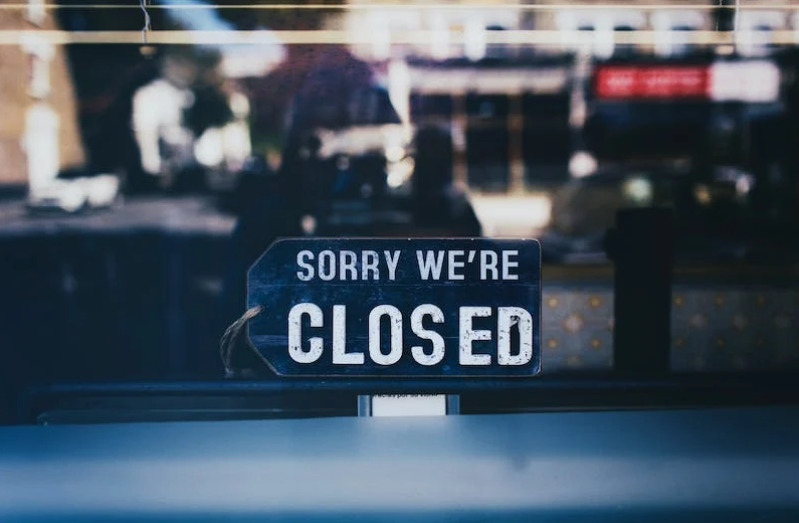Contents
Introduction
In an age where globalization dictates the ebb and flow of commerce, foreign-invested enterprises (WFOEs) stand at the forefront of international market integration. Their role in marrying domestic and foreign economic strategies has been monumental, yet this partnership is fraught with stringent conformity to complex legislative frameworks. When compliance is compromised, a WFOE may find its corporate integrity questioned, marked by inclusion on the Serious Dishonesty Blacklisted Company in China—a harbinger of commercial disfavor that can significantly disrupt business operations. This article unfolds the procedural narrative of the Blacklisted Company in China, its profound impact on businesses, and the road to redemption with the instrumental guidance of compliance agencies like GWBMA.
Understanding the Operating Challenges for WFOEs
Establishing a WFOE in a foreign territory presents a nuanced landscape of operational hurdles. The fundamental challenge lies in adhering to the exhaustive set of regulations that govern foreign business conduct. Often, these companies face difficulties due to language barriers, divergent business cultures, or unfamiliarity with dense legal requirements. The initial symptoms of non-compliance may seem innocuous—missed deadlines for annual reports, deregistered offices falling off the radar, or changes in company structure going unannounced. However, these minor lapses accumulate, thrusting the unsuspecting enterprise into the ominous realm of ‘Operational Abnormality’.
The Spiral into the Blacklisted Company in China
The journey from operational abnormality to serious dishonesty is not abrupt but rather, a gradual decline marked by persistent non-compliance. Should the erroneous operations persist for three years without rectification, the escalation becomes inevitable. With permanent inscribing in the Operational Abnormality List, the WFOE’s market reputation comes under a cloud of doubt as it assumes the ignominious title of a “Seriously Illegal and Untrustworthy Enterprise.” This classification not only tarnishes the business’s public image but also casts a long shadow over future commercial prospects.
Repercussions for Stakeholders: The blacklisted of Company in China
The effects of blacklisting are profound, extending beyond the corporate entity to its leaders. A WFOE’s legal representatives face a daunting reality where their professional standing is compromised, potentially resulting in personal legal liability and a formidable obstacle in their entrepreneurial trajectory. From an organizational standpoint, the blacklist can act like a commercial quarantine, isolating the enterprise from business networks, and financial avenues, and impeding the path to market advancements.
Serious Dishonesty Blacklisted Company
1. Due to inoperable conditions, many foreign-invested enterprises (WFOEs) cease operations. Commonly, this cessation manifests as a halt in annual report filings, the authorities being unable to contact the company at its registered address, or due to the company changing without making timely public disclosures. This leads to the WFOE being placed on the “Operational Abnormality List” for a period of up to 3 years.
2. If the WFOE fails to rectify the highlighted issues within the 3 years, the situation escalates. The enterprise will automatically be escalated to permanent status on the Operational Abnormality List, rendering it unable to return to a normal recorded state while also being designated as a “Seriously Illegal and Untrustworthy Enterprise.”
3. Once a WFOE is categorized under the Seriously Illegal and Untrustworthy Enterprises list, it can only apply for removal from this list after 5 years. Inclusion on this list impacts the legal representatives of the enterprise but does not affect the normal operations of the business. An alternative course of action is for the WFOE to undergo deregistration. Once deregistered, the enterprise is automatically removed from the serious illegality list. The term “The blacklisted Companies” refers to a list of individuals who are not welcomed by a certain country for various reasons and are barred from entering for a specified duration or indefinitely. People on this list often face visa denials for that country, potentially even permanently.
Regaining Compliance and Credibility
All hope is not lost for blacklisted companies of WFOEs in China. After a mandated purification period of five years, companies can undertake to have their names struck off the list. This arduous process requires a demonstrated track record of rectified practices and restored regulatory harmony. Some choose the path of winding up the business—a complex but sometimes necessary route that leads to the automatic abolishment of the blacklist designation. This solution, drastic though it may seem, allows stakeholders to reclaim their commercial viability and commence afresh.
Conclusion:
In the eye of this regulatory storm, firms such as GWBMA emerge as indispensable allies for WFOEs. With specialization in the intricacies of local business laws and proficiency in compliance management, these consultancies provide the compass for navigating through the tumultuous seas of legal adversity. They offer tailored solutions ranging from preemptive compliance auditing to strategic advice during delisting proceedings. For WFOEs blindsided by the complexities of the blacklisted Companies, GWBMA’s expertise can illuminate the path forward, enabling businesses to concentrate on their primary objectives while regulatory conformance is expertly managed.



